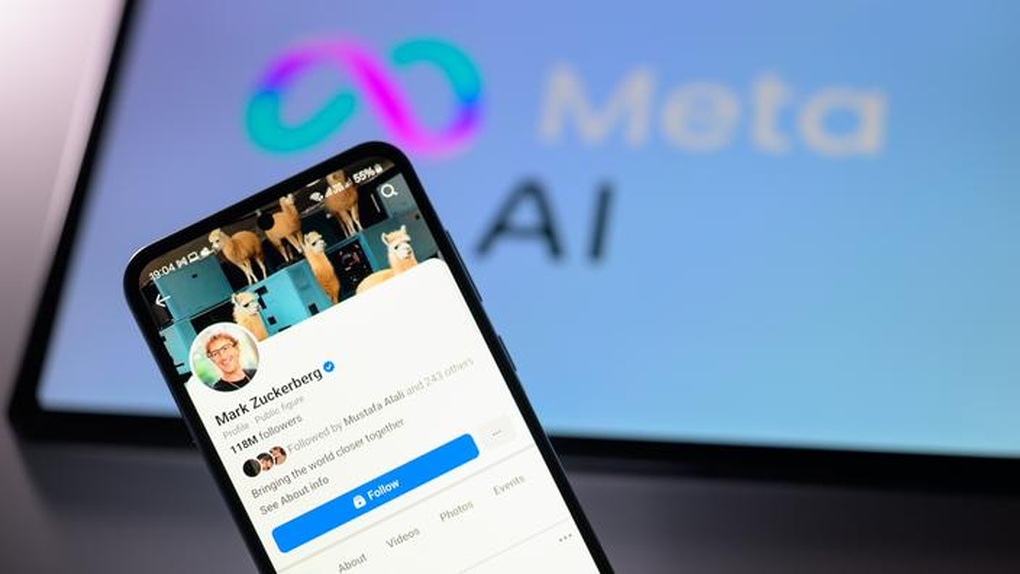
Meta is making a big revolution in AI (Illustration: Le Firago).
Meta boss Mark Zuckerberg is leading a costly "transfer" to recruit top AI researchers.
This race for talent is not just about competition, but also a battle of egos and ambitions to dominate the AI future.
Meta shocked the world by poaching eight senior researchers from OpenAI in just one week, including three who previously worked at Google DeepMind and joined Sam Altman's lab in Zurich late last year.
This event has pushed the tension between the two giants to a peak. Mark Chen, Director of Research at OpenAI expressed his frustration: "I feel like someone broke into my house and stole something."
It also called on employees to report these "poaching" attempts and affirmed that OpenAI is working hard to retain talent.
Meta's costly landing
Meta is pursuing an ambitious and expensive strategy. OpenAI CEO Sam Altman even revealed on a podcast that Meta is offering signing bonuses of up to $100 million to attract talent, although Meta has denied this.
This shows the fierce competition to own the "brains" capable of creating breakthroughs in the field of AI.
Meta's attack is believed to have been directed by Mark Zuckerberg himself, as he was unhappy with the company's slow progress in generative AI, especially in voice and personalization.
The Llama 4 version launched in April last year with less than expected performance was also a "ripple" that forced Meta to take stronger action.
Llama is now the backbone of AI assistants and algorithms on Facebook, Instagram, and WhatsApp, with the goal of optimizing traffic and ad revenue.
Holy Grail of Super Intelligence
In order to achieve "super intelligence" (surpassing the human brain) or "artificial general intelligence" (AGI - equal to human abilities), Meta is building a completely new laboratory.
Zuckerberg is personally recruiting about 50 people for this group, even hosting candidates at his private homes in Lake Tahoe and Palo Alto (USA).
One of Meta's blockbuster signings is Scale AI CEO Alexandr Wang, who will lead the new lab.
Meta spent $14.3 billion in mid-June to acquire a 49% stake in Scale AI, with plans to invest $72 billion this year, mostly in AI.
Meta is also looking to continue expanding its team and is even in talks to invest at least $1 billion in AI venture capital firm NFDG, acquiring the company's co-founders Nat Friedman (former GitHub CEO) and Daniel Gross, CEO of Safe Superintelligence.
The value of talent and risk
“The advent of generative AI has increased competition to secure the best,” said Diego Ferri, Senior Director at EY Fabernovel.
“Disruptive talent is scarce and massive financial resources are needed to own centralized computing power,” he stressed.
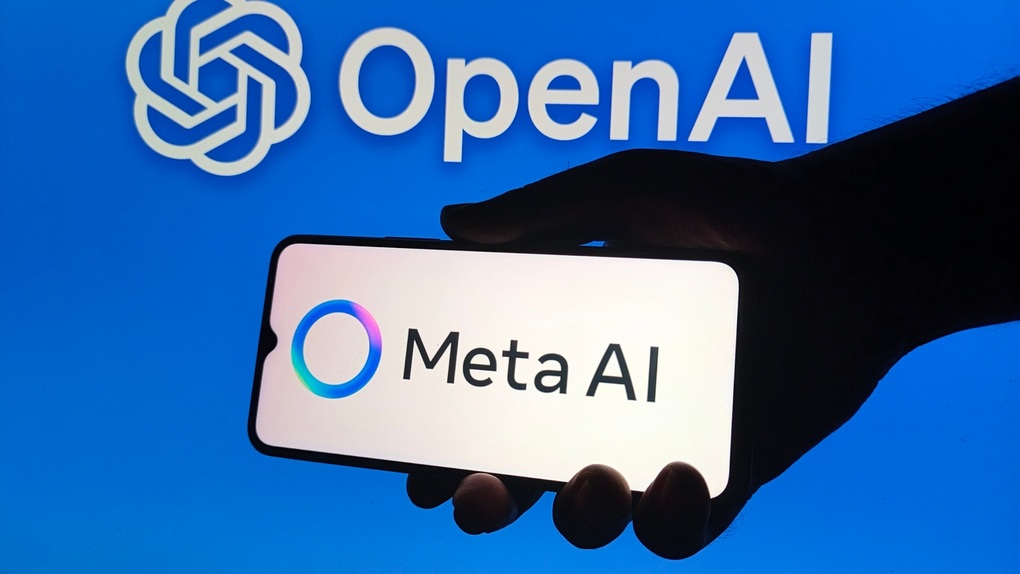
However, Ferri also warned that a business model that allows researchers to be recruited with million-dollar bonuses is unsustainable.
Mark Zuckerberg has reportedly been compiling a list of the best AI researchers and engineers for months. These people, typically between the ages of 25 and 35, know each other from prestigious programs at Berkeley, Stanford, Carnegie Mellon or MIT.
Many of them were previously content with public research, but now they are flocking to the private labs of tech giants with "huge" salaries.
Besides salary, almost unlimited resources (computing power, good chips) are also a big motivation, helping them to accelerate research significantly.
These "tech stars" work like secret agents, with limited access and blinds to keep out prying eyes.
At Anthropic, there was even an FBI agent who came to explain to the group the risks of industrial espionage. The expertise of these dozens of “brains” is key to how tech companies exploit the AI revolution.
Challenges ahead
The level of profiles recruited is consistent with the technological challenges Meta is facing.
Meta's four newest recruits were all trained at universities in China.
Among them, Shengjia Zhao, who defended his thesis at Stanford University, is one of the architects of OpenAI's small models (o1-mini and o3-mini), which stand out for their advanced inference capabilities.
Others, who worked at Google DeepMind before OpenAI, are developing multimodal AI models, capable of recognizing and generating text, video , and audio.
However, the integration of this new lab into Meta's overall strategy remains a question mark.
Diego Ferri said: "Like in football, hiring many stars is not enough to build a star team."
He also pointed out that some people's "culture of secrecy" can be a management obstacle, while Mark Zuckerberg is primarily interested in scaling and industrialization, which are necessary to generate revenue.
This war for talent is just beginning in Silicon Valley and the future will show who will win the race for AI “brains”.
Source: https://dantri.com.vn/cong-nghe/meta-bao-chi-san-nao-ai-mark-zuckerberg-khoi-mao-cuoc-chien-20250702002436713.htm









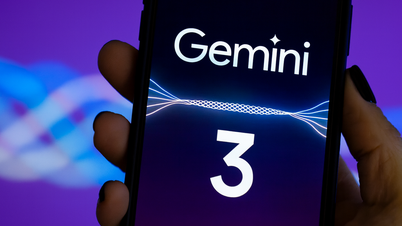
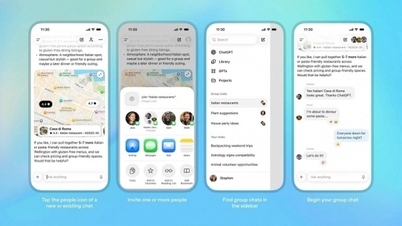






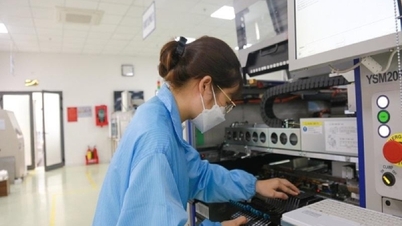

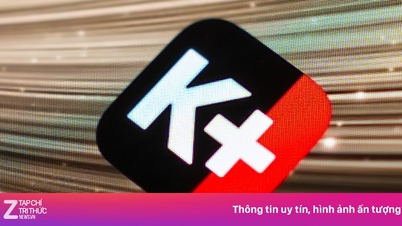



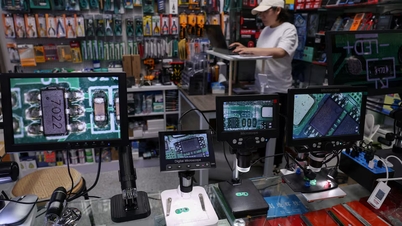



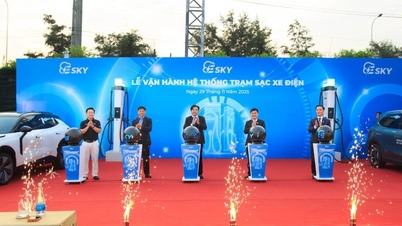





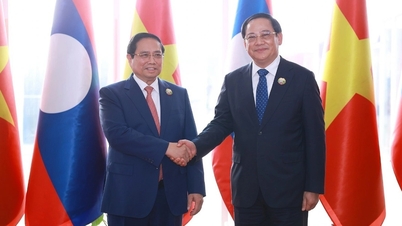


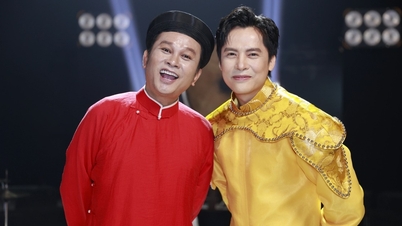

![[Photo] Parade to celebrate the 50th anniversary of Laos' National Day](/_next/image?url=https%3A%2F%2Fvphoto.vietnam.vn%2Fthumb%2F1200x675%2Fvietnam%2Fresource%2FIMAGE%2F2025%2F12%2F02%2F1764691918289_ndo_br_0-jpg.webp&w=3840&q=75)
![[Photo] Worshiping the Tuyet Son statue - a nearly 400-year-old treasure at Keo Pagoda](/_next/image?url=https%3A%2F%2Fvphoto.vietnam.vn%2Fthumb%2F1200x675%2Fvietnam%2Fresource%2FIMAGE%2F2025%2F12%2F02%2F1764679323086_ndo_br_tempimageomw0hi-4884-jpg.webp&w=3840&q=75)

























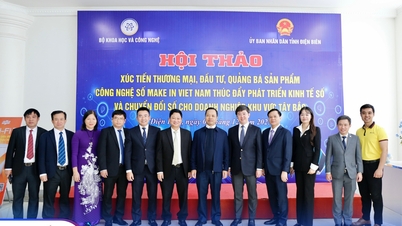






















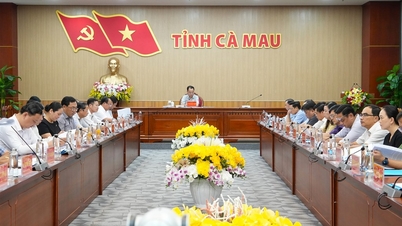

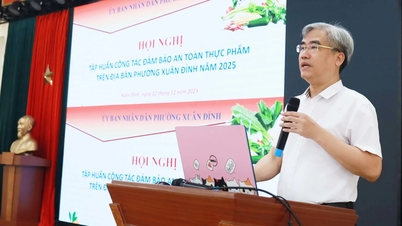




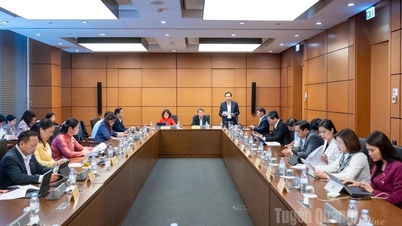











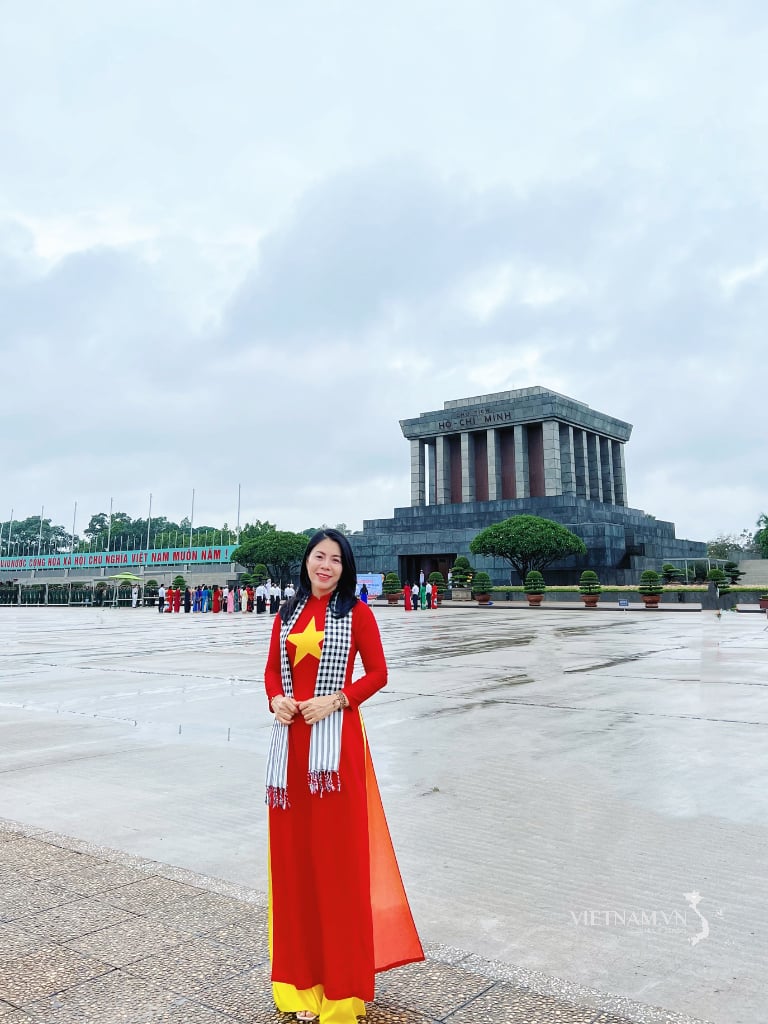



Comment (0)